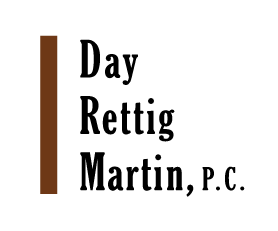In a class action, a large number of plaintiffs, which can be individuals or businesses, are represented by one or two named plaintiffs. These named plaintiffs have the same cause of action as the larger group, and the class action is intended to combine their cases. The cause of action can be from a product defect, a violation of federal or state regulations, securities fraud, or environmental issues. By combining efforts and costs, the class action saves money and court time for the parties involved and the legal system itself.
After the named plaintiffs initiate the action, they must notify the public in order to identify other potential plaintiffs. This notification and instructions on joining the action can be posted through the mail, newspaper, or the Internet. The process of a class action is like that of other trials. After the plaintiffs are identified and the class is certified, a formal complaint is filed to move the litigation process forward.
Plaintiffs may choose to opt out of the class and any settlement; no one is required to join a class action. Pursuing an individual case may allow a plaintiff to obtain a better result. Class action judgments are binding on the named plaintiff and all others included in the class action suit.
Recently, securities class actions have become more prevalent. Securities class actions involve investors who have suffered an economic loss, due to the devaluation of a security or stock. Generally, this loss results from an artificial inflation of value. If you have suffered a loss due to fraud, you may be eligible to join a class action against the responsible parties.
In a class action, attorneys work on a contingency basis. Unless the attorneys are able to recover damages, they will not receive payment. Under a contingency fee arrangement, the plaintiff’s attorneys cover costs until the conclusion of a suit. These costs are typically higher than in a regular lawsuit, due to the larger amount of preparation, research, and investigation required.
Class actions can be more efficient than individual litigation where there are other potential plaintiffs. These actions are extremely complex. An attorney with experience in class actions can advise you of the potential benefits and disadvantages of joining a class action.


 Visit Our
Visit Our Contact Us
Contact Us